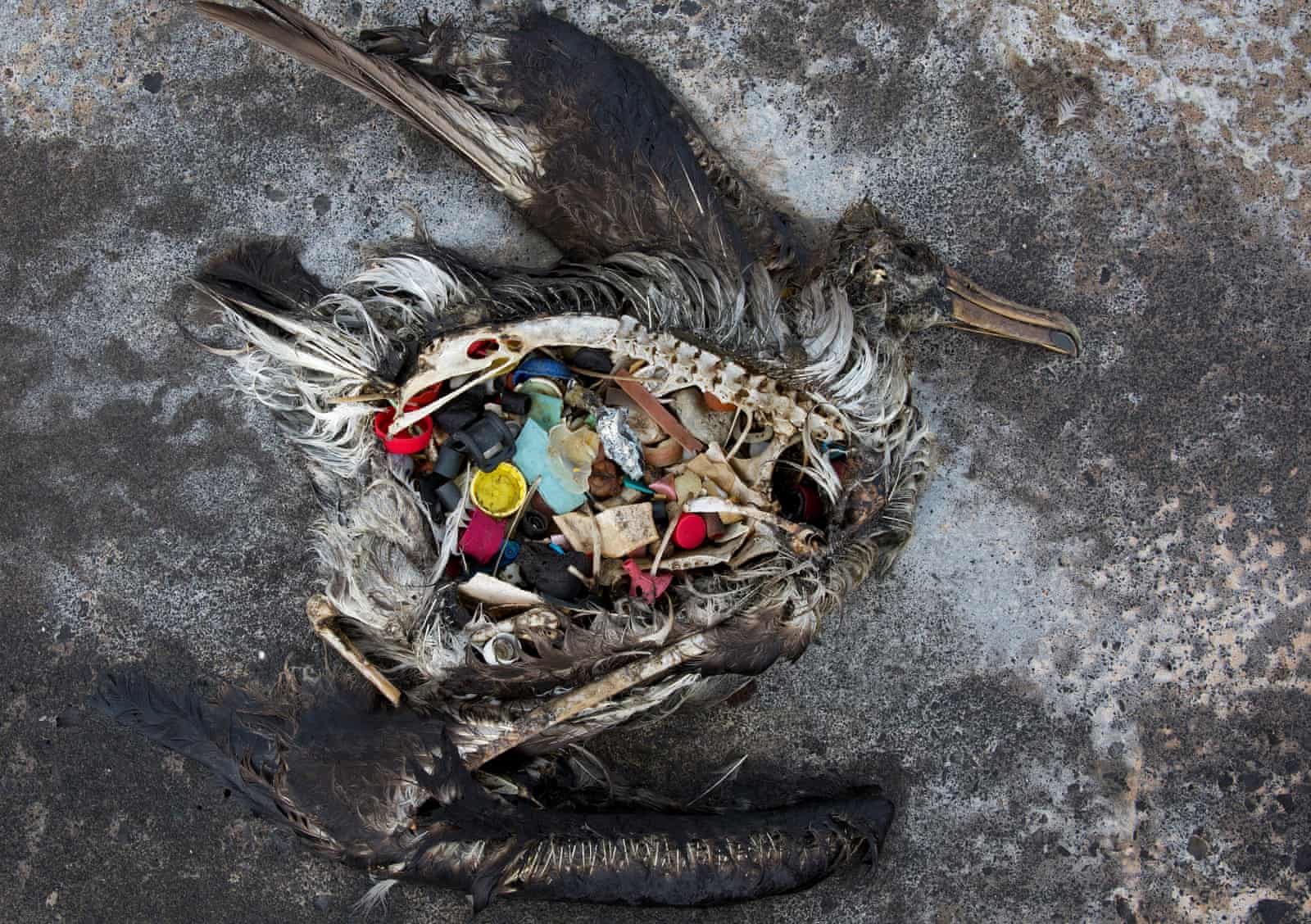Coffee crops are widely produced along the coffee belt due to their lucrativeness and the high demand for coffee beans worldwide. While the mention of coffee brings big brands like Starbucks and Nescafe to mind, did you know that majority of the beans are produced by smallholders?
According to Akenroye et al. (2022), there are, overwhelmingly, 21 factors that hinder smallholders from achieving sustainability (some are similar and thus combined into the following list):
Within these factors, financial constraints seem the most obvious problem that discourages sustainable farming methods. This is not surprising as smallholders are at the bottom of the coffee production chain, which means that the primary products they produce are worth less than what secondary or tertiary producers produce. It would hence be unfair to the smallholders to adopt organic farming methods as they have to shoulder most of the burden of the high certification costs and manual labour involved.
Sure, some say that consumers are willing to pay a higher premium in support of organically grown coffee. However, Naegele (2019) found that the premiums paid are not proportionate to the quantity and cost involved in the production process. Furthermore, with the unpredictable elasticity of coffee, farmers are not advised to raise their bean prices too high so as to protect their profits (Wienhold, 2021). Therefore, it is perhaps more favourable for large firms with supernormal profits to chip in, in order to promote sustainable farming practices.
Overall, as the lack of access to sufficient finance is one of the main causes of unsustainable agricultural practices, big firms should consider aiding smallholders in their cultivation process. In the long run, this could be useful to reduce the soil, water and atmospheric pollution caused by coffee farming.




No comments:
Post a Comment